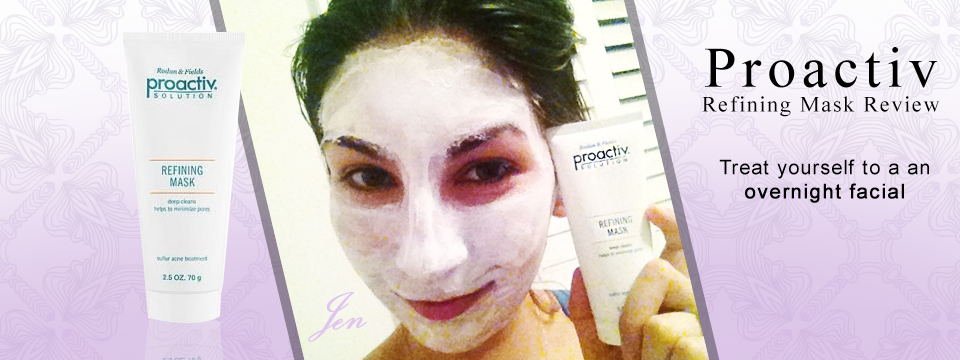Witch hazel, a popular natural astringent, has been lauded for its purported skincare benefits for years. Many swear by its ability to soothe, tone, and refresh the skin. However, as with any skincare product, it’s not a one-size-fits-all solution. It’s crucial to weigh the pros against the cons, especially when it concerns your face. So, what are the disadvantages of witch hazel on the face? Buckle up as we go on a deep dive into the potential downsides.
What are the disadvantages of witch hazel on the face?
Witch hazel’s multifaceted application in skincare has been its calling card for ages. However, its widespread use doesn’t exempt it from having potential drawbacks. When applied to the face, some individuals might experience adverse reactions or find that it exacerbates certain skin conditions.
Why Witch Hazel is Controversial
- Historical Use vs. Modern Interpretation: Witch hazel has been in the skincare realm for centuries. Historically, Native Americans used it for medicinal purposes, but its modern commercial versions might not offer the same purity.
- Alcohol Content: Many witch hazel products contain alcohol, which can be drying and potentially irritating to the skin.
- The Tannin Trouble: Witch hazel’s astringent properties arise from tannins. However, in large amounts, tannins can be too aggressive for some skin types.
Skin Reactions and Sensitivities
- Potential for Irritation: Some people, especially those with sensitive skin, may find witch hazel too harsh, leading to redness or burning sensations.
- Allergic Reactions: As with many natural ingredients, there’s a risk of allergic reactions, manifesting as hives, itchiness, or swelling.
Effects on Different Skin Types
- Dry Skin Woes: Those with already dry or flaky skin may find that witch hazel exacerbates their condition, stripping the skin of essential oils.
- Oily Skin and Overcompensation: Ironically, while it can help reduce oil initially, over-reliance might cause the skin to produce even more oil as a defense mechanism.
- The Sensitive Skin Spectrum: While some with sensitive skin can tolerate witch hazel, others might experience heightened sensitivity or reactions.
Long-term Use Implications
- Potential Disruption of Skin Barrier: Extended use might weaken the skin’s natural barrier, making it more susceptible to external irritants.
- Possible pH Imbalance: Our skin thrives at a certain pH level, and prolonged use of witch hazel might disrupt this balance, leading to potential skin issues.
Environmental and Ethical Considerations
- Sustainability Concerns: The increased demand for witch hazel might lead to overharvesting, affecting the plant’s sustainability.
- Ethical Sourcing: Not all witch hazel is sourced ethically. It’s crucial to choose brands that adhere to fair trade practices.
Alternatives to Witch Hazel
- Rose Water: A gentler alternative, rose water can offer toning and soothing properties without the potential downsides of witch hazel.
- Aloe Vera: Known for its calming effects, aloe vera can be a great option for those looking for natural toning solutions.
FAQs
What makes witch hazel a popular choice in skincare?
Witch hazel’s popularity stems from its natural astringent properties, making it effective in toning and reducing the appearance of pores.
Is there a way to use witch hazel without experiencing its disadvantages?
Using a diluted version or opting for alcohol-free formulations might reduce the risk of adverse effects. However, it’s always best to conduct a patch test first.
How often should witch hazel be applied to minimize potential risks?
It’s recommended to start with occasional use, perhaps 2-3 times a week, and gauge your skin’s reaction before increasing the frequency.
Are there any benefits to using witch hazel?
Absolutely. While this article focuses on the disadvantages, many users swear by its ability to soothe irritated skin, reduce inflammation, and offer toning benefits.
Can I mix witch hazel with other skincare products?
Yes, but it’s essential to ensure the combined ingredients don’t increase the potential for irritation or adverse reactions.
Is witch hazel suitable for all ages?
While it can be used by adults of all ages, it’s advisable to exercise caution when considering it for very young skin or elderly individuals with thinning skin.
Conclusion
While witch hazel holds a revered spot in many skincare routines, it’s not without its potential disadvantages. As with any product, individual experiences can vary. By being informed about the possible downsides, you can make a well-rounded decision about its place in your regimen. After all, knowledge is power, especially when it comes to taking care of your skin.



